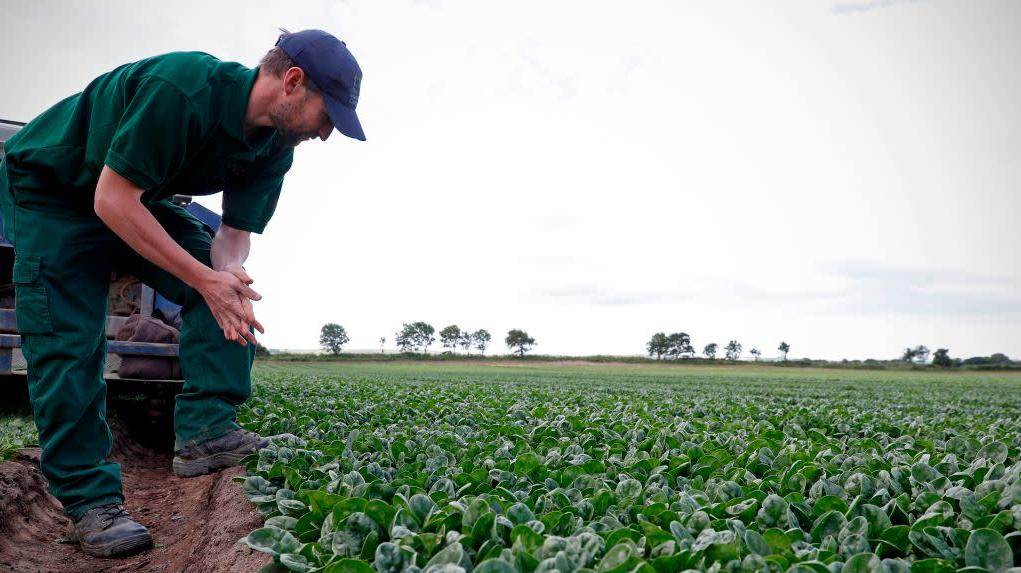Spinach Plants Can Send Emails When They Detect Landmines—can Your Lunch Do That?
In terms of sentences I never thought I'd be typing, "Scientists have managed to teach spinach plants how to communicate when they detect explosives in their soil" is up near the top. And the spinach communicates this...by email. The future is now.
IGN breaks down this scientific breakthrough into bite-sized chunks for us, but it all boils down to everyone's favorite scientific field concerned with tiny things: nanotechnology. MIT engineers are the ones who figured it out (it's always MIT, isn't it?) while experimenting within a niche field called plant nanobionics.
As explained in their report, they've learned that spinach roots can "detect the presence of nitroaromatics in groundwater, a compound often found in explosives like landmines." When these compounds are detected, "the carbon nanotubes within the plant leaves emit a signal." That signal can be scanned by an infrared camera, triggering an email to alert people about the presence of explosives. (No word yet on what a whole head of iceberg lettuce can do.)
"Plants are very good analytical chemists," said Professor Michael Strano, lead researcher, in an interview with Euronews about the discovery. "They have an extensive root network in the soil, are constantly sampling groundwater, and have a way to self-power the transport of that water up into the leaves... This is a novel demonstration of how we have overcome the plant/human communication barrier." I didn't know we were trying to talk to plants to begin with. Maybe we should ask romaine why it's always trying to kill us.
Here's the thing: this report was initially published back in 2016; it just happens to be making the rounds online again, and everyone is having the time of their lives cracking jokes about it over on Twitter. In a bonus bit of extra news, scientists from the American University have also discovered that when transformed into carbon nanosheets, spinach can also function as a catalyst to boost efficiency in metal-air batteries and fuel cells. Spinach was picked specifically for this study because it has a significant amount of iron and nitrogen in it, which are compounds that act as catalysts. Make sure to eat your spinach, everyone. No word on how much you need to eat to detect the taste of explosives, though.
